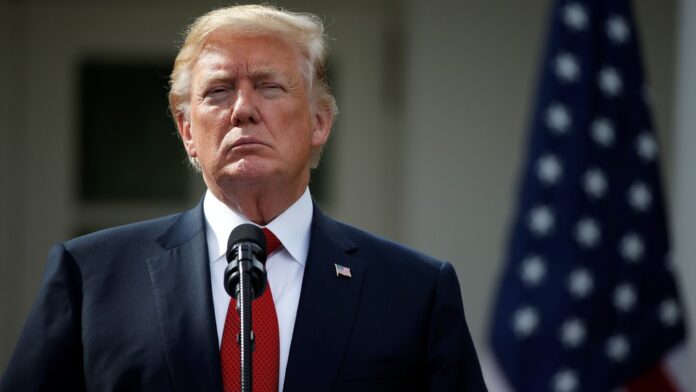Authors: Rebecca Lissner and Mira Rapp-Hooper
Affiliation: The U.S. Naval War College, The Council on Foreign Relations
Organization/Publisher: Foreign Affairs
Date/Place: September 30, 2020/USA
Type of Literature: Article
Word Count: 2059
Link: https://www.foreignaffairs.com/articles/united-states/2020-09-30/foreign-policy-day-after-trump
Keywords: An Open World, Biden’s Coming Administration, Transformative New Strategy, Reforming the International Institutions, and International Liberal Order
Brief:
This article is based on a recent book (September 2020) by the two authors entitled An Open World: How America Can Win the Contest for Twenty-First-Century Order, which provides an insight about how the United States should behave in this transformational period in order to ensure its status as a great and leading global power. The article is a set of “liberal recommendations” proposed for the next post-Trump administration, and it mainly seeks to guide the foreign policy of candidate Joe Biden if he wins the coming presidential election in November. The authors argue that the coming administration will face crucial challenges at the internal and global levels, but it will also inherit a historic opportunity to confront these challenges through a transformative new strategy, since the current period of turmoil is considered as the greatest opportunity to organize the world since the end of the Cold War (and perhaps even since World War II; the US must seize it and assume leadership in turning the current devastation into a new creation. To achieve this goal, the authors believe that Washington should re-imagine the liberal international order, not try to restore it, nor repair the defects that have affected it since the end of the Cold War. They argue that neither a nostalgic quest for the old liberal order nor an isolationist retrenchment (as Trump has tried to embody) will ultimately serve US interests or allow Washington to successfully navigate the world. This will require that the US avoid post–Cold War hubris with its grandiose claims of liberal universalism. Accordingly, the coming administration must present a positive vision for an international order that allies and partners can adopt, which is what they call the “open world,” where the United States can only remain secure or prosperous in a free and open international order. The authors define this “open-world” as one in which “states are free to make independent political decisions; international waters, airspace, and space remain accessible to military and commercial traffic; and countries cooperate informally and through modernized international institutions.” In order to move towards this “open-world,” the coming administration must be convinced of a set of facts and immediately initiate a set of measures. Otherwise, the US will find itself weaker in the face of its rivals and coming threats. The most prominent fact is the necessity to acknowledge that the US is no longer the only undisputed superpower and that its rivals—China basically— become stronger than they were and will have more influence. As for the procedures to be undertaken, the authors’ recommendations are very abundant in this article, the most important of which are: The necessity of resisting any attempts to create spheres of dominance by competing powers, whether they are regional or technological spheres. Consequently, opposing the efforts of hostile authoritarian countries (such as China and Russia) to control their regions and close vital waterways or cyberspaces. Washington should promote economic interdependence that benefits it without advocating for unrestricted neoliberalism, cooperating with allies and partners to modernize and reform international institutions such as the World Bank and the World Trade Organization, and prevent authoritarian countries from exploiting others’ openness in their favor or imposing their own standards on others. The US should lead an open and pluralistic cyber environment that promotes democracy, benefits countries economically, and protects the US and its allies from foreign cyberattacks. Taking the lead and demonstrating ability and readiness to face common global challenges such as the Covid-19 pandemic and the development problems of the Third World. Finally, they argue that the US will not be able to build a new and successful international order if this order is not in the interest of the American people. Therefore, it should pursue some crucial domestic reforms. Additionally, the authors urge the coming administration to revitalize the Ministry of Foreign Affairs, strengthen its budget and give it a greater role—through the tools of diplomacy and global development—instead of giving the change to the Ministry of Defense in making and dominating the country’s foreign policy. The two scholars conclude by asserting that the US is still strong by most standards, but if it does not move now or fails to build an open world, its power will decline while China will grow stronger, and then it will find itself completely unprepared to face the next world a decade from now.
By: Djallel Khechib, CIGA Senior Research Associate




